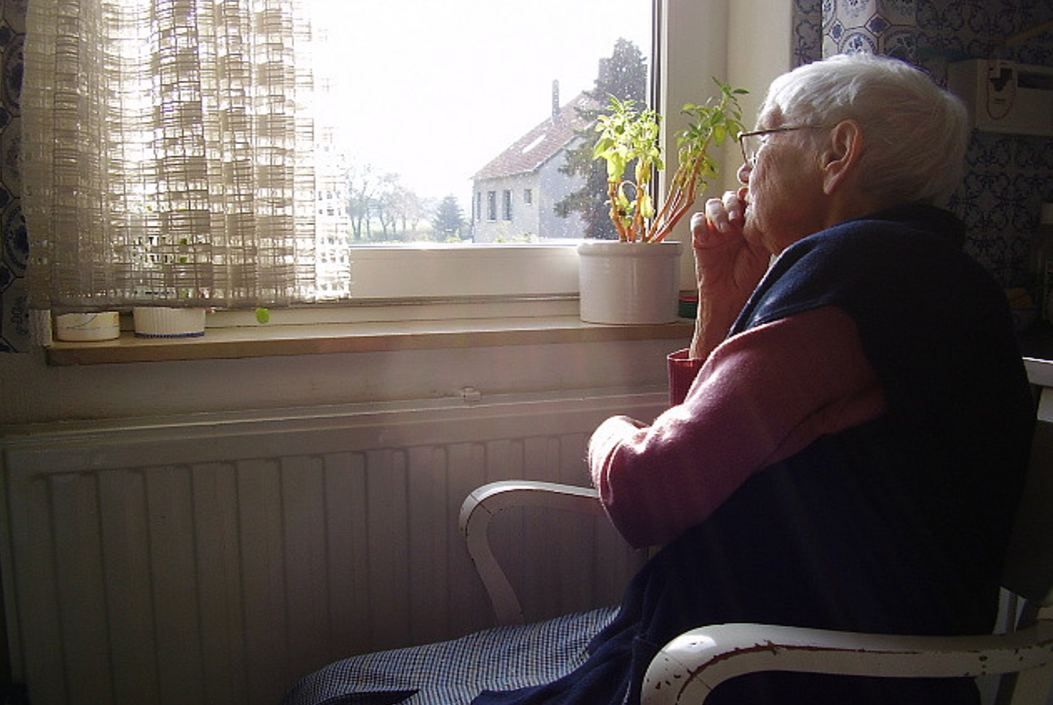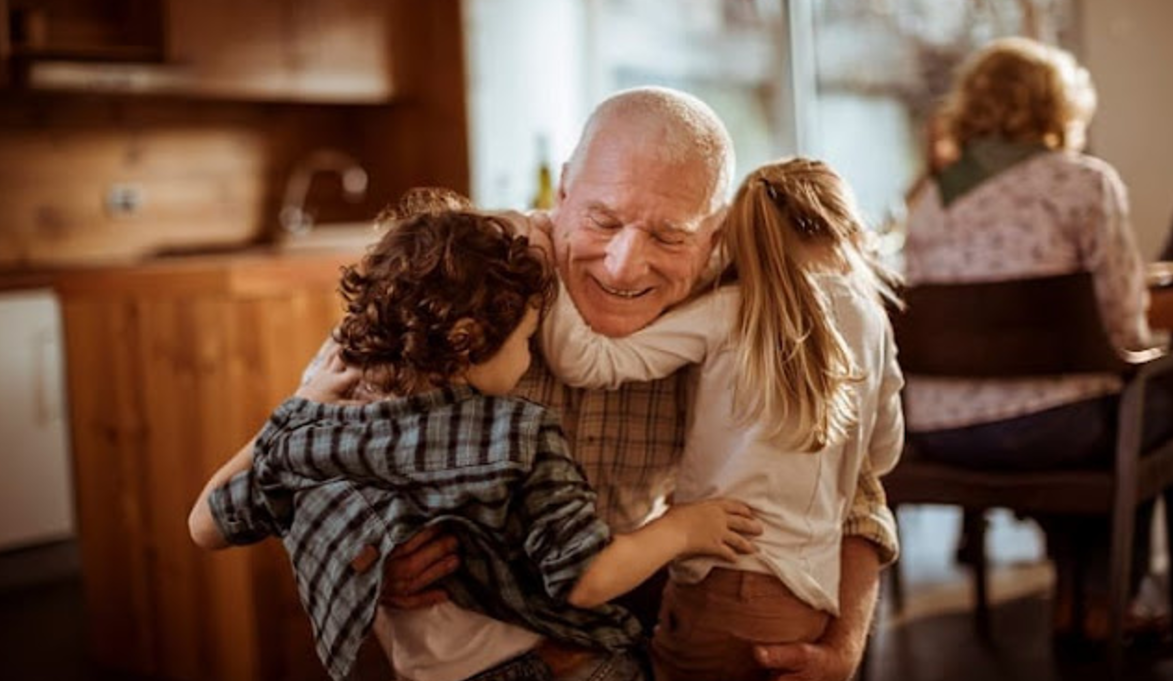By Polina Pallieraki,
Loneliness in the third age is an issue that concerns and affects a majority of the elderly population, worldwide. During this period of life, many people are faced with a variety of challenges and changes that can lead them to a state of isolation.
Some of the main causes of loneliness in old age are the loss of a partner, physical health issues, retirement and changes in the family. During old age, many seniors experience the loss of a spouse or loved one, with whom they had shared their life. This loss can leave the survivor with a deep sense of loneliness, intense grief, guilt and fear for their own state. As people age, the case of experiencing health problems and limited mobility becomes frequent, which can isolate them from society and prevent them from performing everyday activities competently, such as going to the grocery store. Retirement brings significant changes in everyday life, as the lack of feeling productive and loss of contact with colleagues and the workplace can increase feelings of loneliness. Some seniors may find themselves estranged from their family as well, either due to geographic distance or different responsibilities and activities, which can heighten feelings of isolation Loneliness has a negative impact on both mental and physical health, causing increased anxiety, depression and other issues. Therefore, it is vital to acknowledge and treat the elderly’s loneliness.

To combat loneliness, seniors can active participate in community activities, interest centers or hobby groups, as an effective way to create and maintain social ties, enhancing a sense of community and well-being. Also, the modern digital age offers a variety of platforms to connect with other people. Seniors can explore social networking and chat platforms to identify new friendships and maintain existing ones, of course with the help of younger family members. This is especially great for those with mobility issues. Participating in voluntary activities offers older people the opportunity to feel useful and contribute to their community, while, at the same time, opening up new avenues for social interaction. Joining support groups gives seniors the opportunity to share experiences, concerns and joys with other people facing similar situations, thus creating an outlet that will ultimately benefit their mental health. Plus, if distance is a challenge, seniors can keep in close contact with family members through phone, video calls or email. Above all, Seniors should focus on healthy eating, physical activity and maintaining mental integrity, all of which help combat loneliness and maintain their well-being.
In summary, aging and the realization of declining physical abilities are often tough challenges for the elderly. This is a quite common case, as many of us have family members or acquaintances who are dealing with or have dealt with these issues. These difficulties often bring about worry, confusion, and feelings of insecurity and isolation. While life goes on, we can strive to make this journey as smooth as possible. We don’t have to be heroes, but we can all help enhance the quality of life for the elderly by using the resources available to us.
References
- Καταπολεμώντας τη μοναξιά της τρίτης ηλικίας. Athens Voice. Available here
- Η Μοναξιά στους ηλικιωμένους μας. Orthodoxos Typos. Available here
- Η Μοναξιά στην Τρίτη Ηλικία. Inka. Available here




